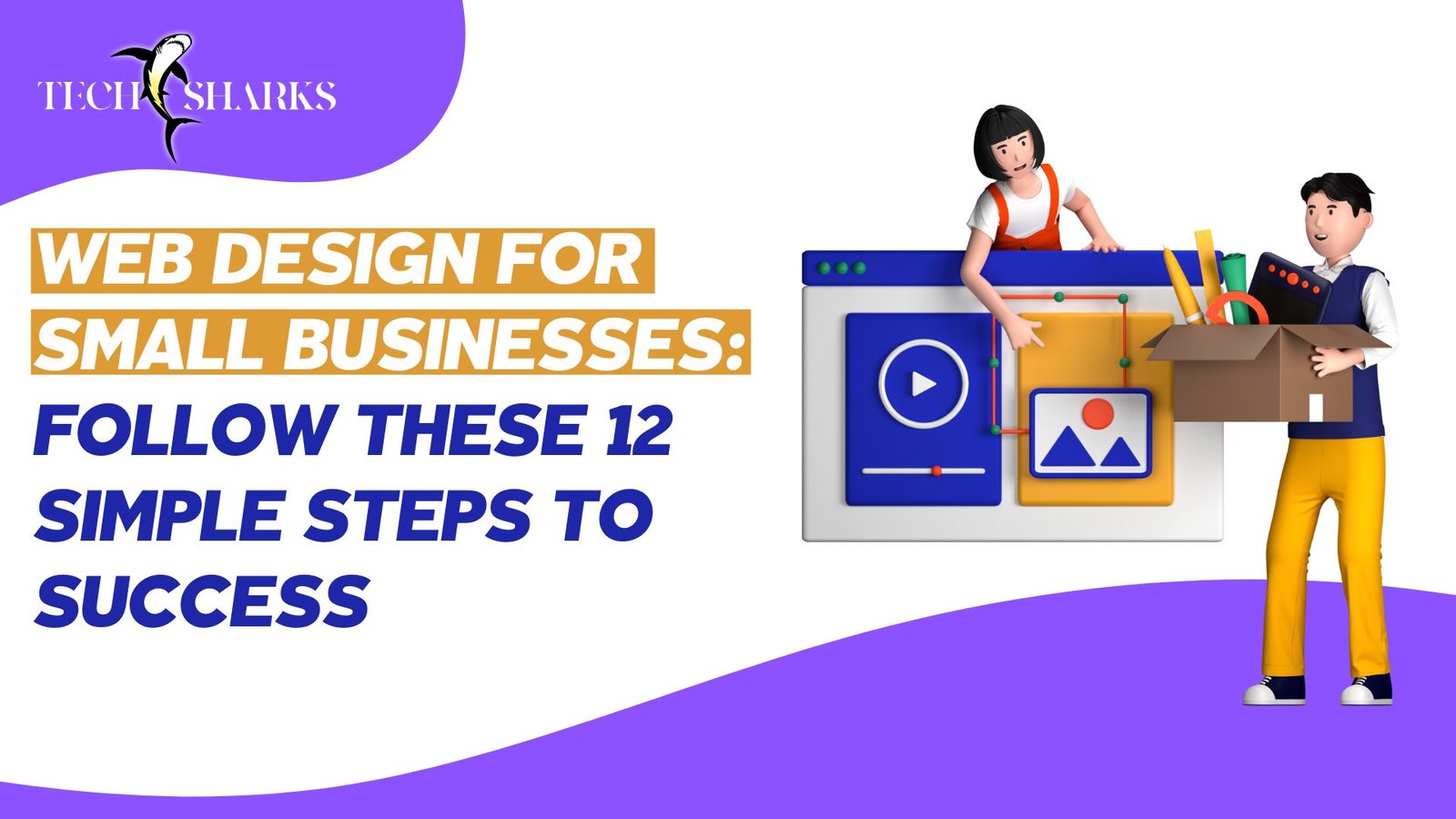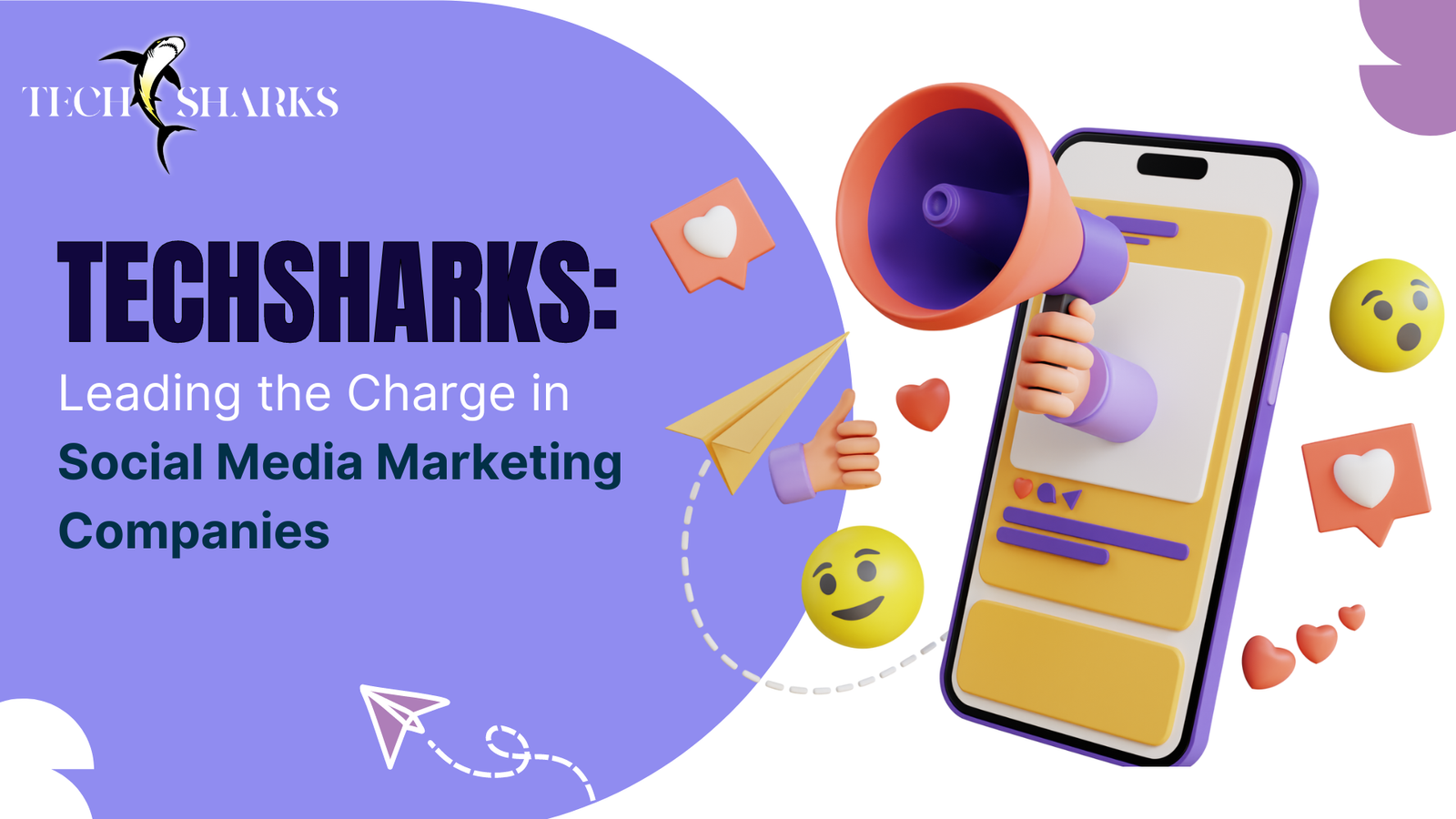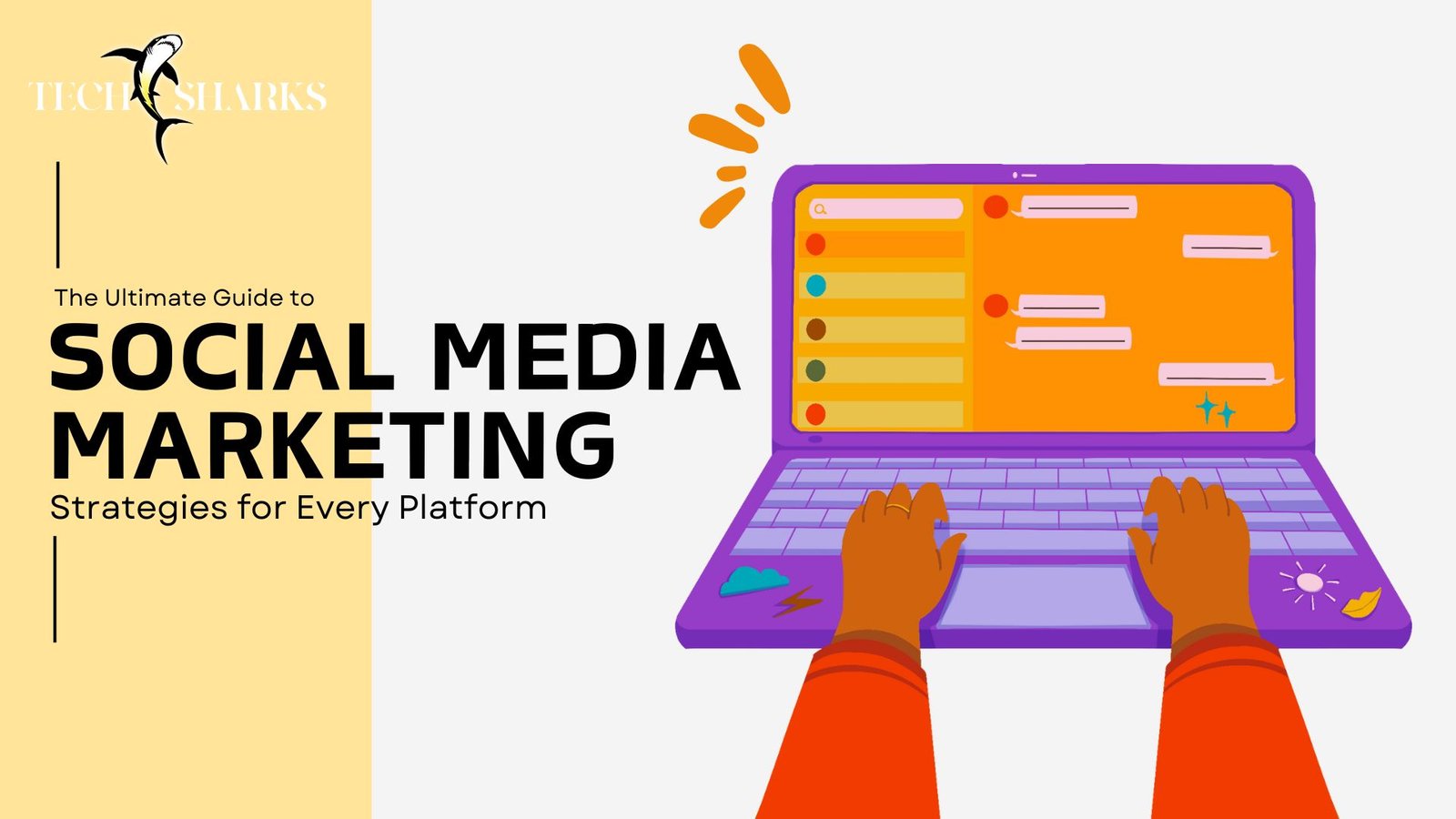In the ever-evolving world of digital marketing, Artificial Intelligence (AI) is not just a buzzword; it’s a game-changer. AI-powered marketing solutions are revolutionizing the way businesses connect with their audiences, making digital marketing more efficient, personalized, and data-driven. In this blog, we will explore how AI is reshaping the digital marketing landscape and how businesses can leverage AI to enhance their marketing strategies and achieve better results.
Hyper-Personalized Customer Experiences

One of the most impactful ways AI is changing digital marketing is by enabling hyper-personalization. AI algorithms analyze large volumes of data, from customer behavior to preferences, and help marketers deliver highly relevant content to each individual. AI-powered tools can recommend products, tailor email campaigns, and even adjust website content based on user interaction.
How AI Helps:
- Recommendation Systems: Online platforms like Amazon and Netflix use AI to suggest products or movies based on user history, enhancing customer satisfaction and driving sales.
- Dynamic Content Personalization: AI-driven content management systems adapt website or ad content in real-time, ensuring each visitor gets the most relevant experience.
Example:
A clothing retailer using AI could display personalized product recommendations for each visitor, increasing the chances of a purchase by showcasing items they are likely to love.
Enhanced Data Analytics for Smarter Decisions
AI-powered marketing solutions have revolutionized data analytics, enabling marketers to gather insights from vast amounts of data much faster than traditional methods. By leveraging AI tools, businesses can uncover hidden patterns, predict customer behavior, and make data-driven decisions. These insights help marketers refine their strategies and optimize their campaigns for better outcomes.
How AI Helps:
- Predictive Analytics: AI can predict which customers are most likely to convert, helping businesses target their marketing efforts more effectively.
- Real-Time Data Processing: AI can process data in real-time, giving marketers the ability to adjust campaigns immediately based on performance.
Example:
AI tools such as Google Analytics and HubSpot can help marketers track visitor behavior and segment audiences, providing tailored recommendations to improve conversion rates.
Chatbots and Conversational Marketing
AI-powered chatbots are changing the way brands communicate with their customers. These bots can answer customer inquiries, resolve issues, and guide users through their buyer’s journey—all in real-time. Chatbots not only improve the customer experience but also help businesses gather valuable customer insights.
How AI Helps:
- 24/7 Support: AI-powered chatbots are available round the clock to assist customers, reducing response times and improving customer satisfaction.
- Automated Lead Qualification: Chatbots can collect information from users and qualify leads, allowing marketing teams to focus on high-priority prospects.
Example:
A SaaS company using an AI chatbot could instantly respond to potential customers’ questions about pricing or features, automatically directing them to the most relevant information or even scheduling a demo.
AI in Social Media Marketing
AI is also playing a significant role in social media marketing. From content generation to audience insights and campaign optimization, AI-powered marketing solutions help businesses streamline their social media efforts. AI tools can analyze trends, automate posting schedules, and even create content tailored to specific audiences, ensuring your brand stays relevant and engaging across platforms.
How AI Helps:
- Content Scheduling and Automation: AI-driven tools like Hootsuite and Buffer allow marketers to automate social media posts, ensuring consistency without requiring manual effort.
- Social Listening: AI tools monitor social media conversations, providing businesses with real-time insights on customer sentiment, trends, and feedback.
Example:
A brand could use AI to track mentions of their products on social media and respond promptly, allowing for real-time customer engagement and improved brand perception.
AI-Driven Ad Campaign Optimization
AI-powered marketing solutions have drastically improved the way businesses run digital advertising campaigns. With AI’s ability to analyze huge amounts of data, it can help marketers target the right audience, optimize ad placements, and maximize ad spend efficiency. AI also allows for A/B testing at scale, ensuring that the most effective ads are shown to the right people at the right time.
How AI Helps:
- Ad Targeting: AI can analyze user behavior and preferences to help businesses target specific audience segments, ensuring higher relevance and engagement.
- Real-Time Optimization: AI tools automatically adjust ad performance in real-time, optimizing bids, ad copy, and creatives to maximize ROI.
Example:
A brand using Google Ads or Facebook Ads can benefit from AI to optimize their campaigns, automatically adjusting bids and targeting settings based on the performance data AI collects.
Voice Search and AI Integration
With the rise of voice-activated devices, voice search has become an important aspect of digital marketing. AI plays a significant role in voice search optimization by helping businesses adapt their content to voice queries. AI-driven voice recognition systems, such as Siri and Alexa, are enabling marketers to optimize for conversational keywords, ensuring their content is discoverable by voice search users.
How AI Helps:
- Voice Search Optimization: AI helps businesses understand natural language patterns and optimize content for voice searches, enhancing visibility in search results.
- Conversational AI: AI-powered virtual assistants can engage with customers using natural language processing (NLP), making interactions more human-like.
Example:
A local restaurant can use AI-powered voice search optimization to ensure that when customers search for “best pizza near me,” their website ranks higher in the results.
Conclusion: The Future of AI-Powered Marketing
AI-powered marketing solutions are transforming the way businesses approach digital marketing. From hyper-personalized experiences and predictive analytics to AI-driven ad optimization and voice search, AI is enabling brands to create more relevant, efficient, and engaging marketing strategies. By leveraging AI, businesses can optimize their digital marketing efforts, drive better results, and stay ahead of the competition.
As AI continues to evolve, its potential in digital marketing will only expand. Marketers who embrace AI-powered marketing solutions now will be well-positioned to lead in the future of marketing. So, whether you’re personalizing customer experiences or automating your social media strategy, it’s clear—AI is the key to unlocking the future of digital marketing.




